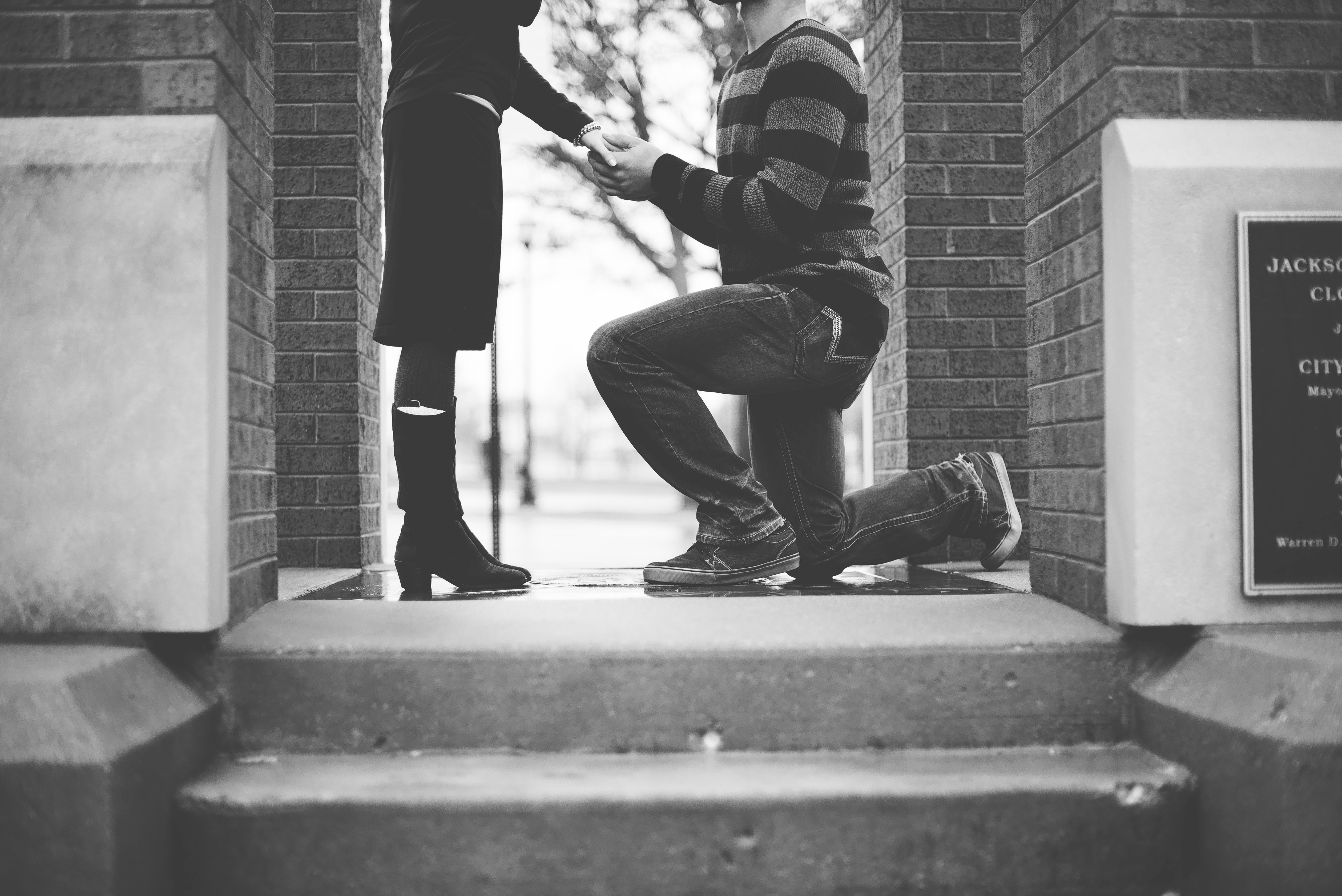The time-honored tradition of rewarding employees with an alcoholic beverage at the end of their shift has come to an end. While there are restaurants all around the country that still permit their employees to enjoy an after-hours alcoholic beverage on the house, on-premise drinking has the real potential to create issues that can ruin employees’ careers and ultimately threaten a business. It’s sad to say but it’s just not worth it.
Some argue that an employee’s shift drink is actually a sacred part of the restaurant culture as it serves to bring a sense of reward and camaraderie to the staff. Yet due to the industry’s long-overdue awakening—one that’s happening because restaurant owners everywhere have been flooded with complaints, investigations, lawsuits, and big settlement pay-outs, mostly on the basis of workplace harassment—how we think about this relic must change. Restaurants are finally taking appropriate action to take harassment out of the workplace, and it won’t be long before alcohol is removed, too.
As a hospitality attorney, I can safely assert that the shift drink needs to end today. Here’s why.
Drinking May Create an Atmosphere Ripe for Harassment
Drunk employees – no matter whether they are on- or off-the clock – can cause problems. It is no secret that alcohol reduces inhibitions. What may begin as employees blowing off steam over a drink after a long shift can easily become acrimonious. A drunk employee could direct an ill-advised flirtatious gesture at a patron or another employee. A mild conversation could quickly turn into a verbal or physical altercation. It’s time for business owners to protect both their patrons and employees from the kind of inappropriate behavior that so often stems from even moderate alcohol use.
Take, for example, a situation in which two employees have a mutually-consensual relationship that begins at work (or perhaps while enjoying their shift drinks). If the relationship ultimately sours, it can have enormously negative impact on not just the day-to-day management of your business. If one these employees is a manager, and is responsible for hiring, firing, or scheduling, the company could be liable for employment practice violations. While fraternization amongst employees is not necessarily illegal, throwing alcohol into the mix can cause the kind of disaster that will expose a restaurant owner to all kinds of legal liability on the employment front.
After-Hours Insurance Claims May Not Be Paid
If your employees are drinking on-premise, but off-the-clock, they are likely not covered by your various insurance policies, including workers’ compensation and employer practices liability insurance (EPLI).
Remember that insurance policies are created to protect against unforeseen and uncontrollable risks—shift drink-related consequences may simply not fall within these categories. For example, if one of your servers has a few beers after his shift, trips down the stairs, and breaks his wrist; you may be liable. Since the incident occurred after hours, you may have issues getting this claim covered by workers’ compensation. If the very same scenario had occurred when he was working, the server’s claim would most likely be covered under your insurance policy. Instead, the few after-shift beers may cause you to lose the protections initially afforded to you as an employer under the law, opening you up to potential liability if the injured server chooses to file a lawsuit.
Free Drinks Make Moderation and Inventory Control Difficult
When your employees have complete and potentially unfettered access to your bar, do you really think that they are just having a single drink? Are they drinking only the well liquor or are they sampling top shelf bottles? Do your bartenders properly record their fellow employees’ shift drinks? Are shift drinks even being rung up at all? It’s important to remember that your bartenders are often the only front-of-house staff members that actually generate ticket orders and subsequently prepare the ticket items themselves. By allowing your bartenders, who manage your highest profit revenue center, the opportunity to serve their own friends and co-workers, you are losing control of your inventory and cutting into your bottom line.
So as a Business Owner, What Can You Do?
First, make it clear that there is no socialization after hours in your establishment, particularly at the bar. Make your policies clear. Encourage your employees to organize their own happy hours or social events somewhere else. Second, make sure you have a well-written employee handbook that outlines what behavior you expect from your staff. Your handbook should also include detailed provisions for reporting harassment of any kind. If you have a zero-tolerance policy for harassment, you must enforce it. If you don’t have a zero-tolerance policy already, it’s time to implement one.
We also always recommend that a restaurant’s employee handbook clearly forbids employee-manager relationships. If you do have employees of the same level currently engaged in a relationship, we advise that you schedule them on different shifts to make sure their personal and professional lives are kept separate. If you are looking for ways to improve your establishments’ culture, consider paying for your staff meal and encouraging employees to eat together (without alcohol, of course).
The End of the Shift Drink posted first on happyhourspecialsyum.blogspot.com

No comments:
Post a Comment